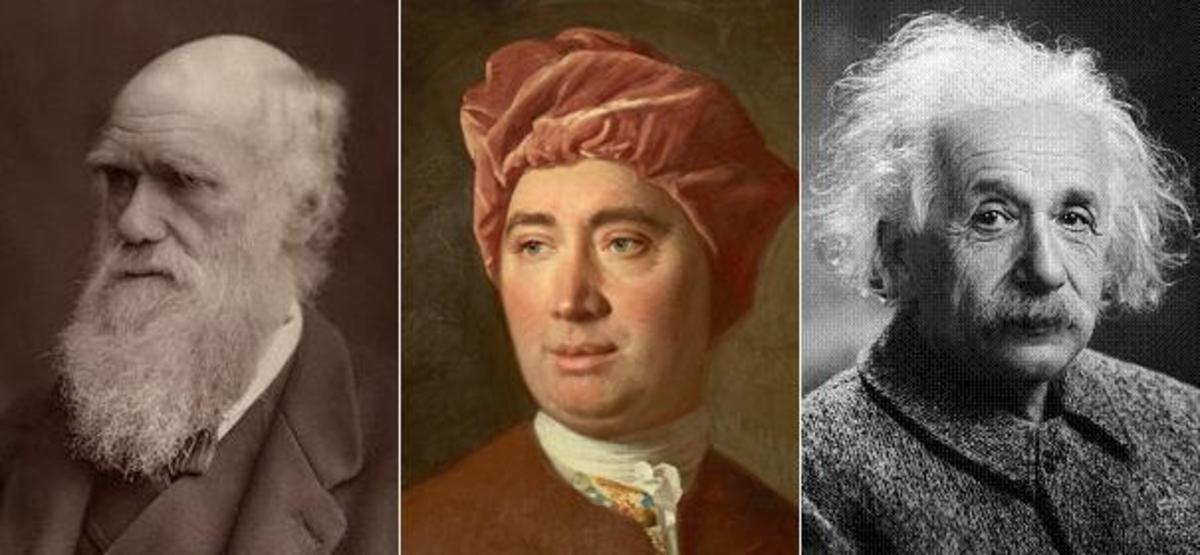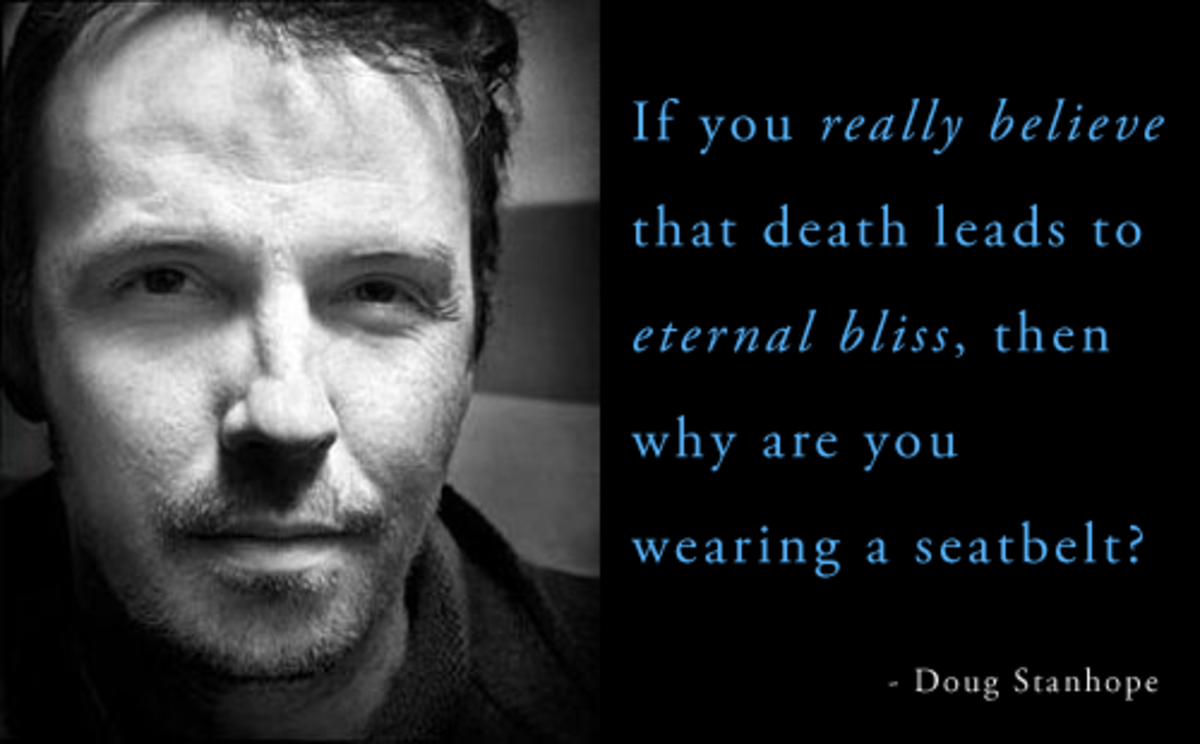Is it Possible to Prove the Existence of God?

This paper explores four arguments for the existence of God. Research conducted online (Internet) and offline (non-internet) summarize the basic definitions of these arguments. This paper relies on research provided by Stanford Encyclopedia of Philosophy, and the Christian website, Existence of God. The articles presented from Stanford take a philosophical look at God’s existence, whereas Existence of God examines the arguments from a faith standpoint.
The existence of God has been debated by mankind since the dawn of time. Arguments come from philosophical, scientific, and religious viewpoints. Proof of God’s existence takes the form of ontological, moral, first cause and design arguments. If successful, these arguments provide an idea of God. The ontological argument gives the concept of a perfect being. First cause provides proof of a Creator. The moral argument defends the idea of a moral authority. The design argument defends the position that God takes a special interest in mankind. Christian website, The Existence of God, uses these defensible arguments to prove God’s existence. Drawing on writings from C. S. Lewis, French philosopher Rene Descartes and an eleventh century theologian, the author lays out arguments that support his viewpoint.
The Stanford Encyclopedia of Philosophy defines ontological arguments as arguments that stand on analytical premises that God exists. With roots in the eleventh century, this argument was introduced by theologian and archbishop of Canterbury St.Anselm, who believed that if man accepted the idea of God, then the idea of God’s non-existence is no longer logical. In the seventeenth century, French philosopher Rene Descartes argued “there is no less contradiction in conceiving a supremely perfect being who lacks existence than there is in conceiving a triangle whose interior angles do not sum to 180 degrees”. If these arguments hold true, then God exists.
The moral argument holds that man is a moral being and that morality wouldn’t exist without a superior being. Human beings are aware of right and wrong. Therefore, in order for the commands of what is permissible and what is forbidden, an authoritative author has to exist. The Stanford Encyclopedia of Philosophy provides this argument as proof:
Argument I:
1. It appears to human beings that moral normativity exists.
2. The best explanation of moral normativity is that it is grounded in God.
3. Therefore God exists.
The design argument holds that a superior being created the earth specifically for man’s habitation. Also known as Creationism, supporters believe that God is constantly involved in His creation. In their paper, Creationism (2003), authors Michael Ruse and Edward Zalta take a narrow focus of Creationism by accepting the early chapters of Genesis as “literally true guides to the history of the universe and to the history of life.”
The final argument, known as the first cause argument or cosmological argument, concludes that something caused the universe to exist. The earliest version of this argument, according to Stanford, is found in Plato’s Laws, but variations have been debated for centuries. The premise is that a contingent being has to exist and can’t cease to exist.
Ultimately, the belief in God may simply rest on faith. Contemporary Christians struggle with opposing viewpoints on the existence of God as well as the concept of Jesus as God incarnate. Many feel debate on the topic is unfair and unrealistic. Christian author Timothy Keller writes that “It would be inconsistent to require more justification for Christian belief than you do for your own.” He admits that much of his religious viewpoints were shaped by English author and theologian C.S. Lewis. Keller argues that “If you come to recognize the beliefs on which your doubts are based, and if you seek as much proof on those beliefs as you seek from Christians, you will discover that your doubts are not as they first appeared.”
The existence of God can be strenuously debated. Ultimately, the choice to believe or deny His existence is personal. Ironically, the concept known as free will is purportedly one of Gods greatest gifts to mankind.
References
1. (2012). Arguments for God's Existence. [ONLINE] Available at: http://www.existence-of-god.com/existence-of-god.html. [Last Accessed November 18, 2012].
2. Keller, Timothy, (2008). Reason for God: Belief in an Age of Skepticism. 2nd ed. United States: Penguin Press.
3. Lewis, C.S, (1952). Mere Christianity. 3rd ed. England: C.S. Lewis Pte. Limited.
4. Oppy, Graham (1996). Ontological Arguments. [ONLINE] Available at: http://plato.stanford.edu/entries/ontological-arguments/. [Last Accessed November 18, 2012].
5. Byrne, Peter and Zalta, Edward (2004). Moral Arguments for the Existence of God. [ONLINE] Available at: http://plato.stanford.edu/entries/moral-arguments-god/. [Last Accessed November 18, 2012].
6. Ruse, Michael and Zalta, Edward (2003). Creationism. [ONLINE] Available at: http://plato.stanford.edu/entries/creationism/. [Last Accessed November 18, 2012].
7. Reichenbach, Bruce and Edward Zalta (2004). Cosmological Argument. [ONLINE] Available at: http://plato.stanford.edu/entries/cosmological-argument/. [Last Accessed November 18, 2012].








